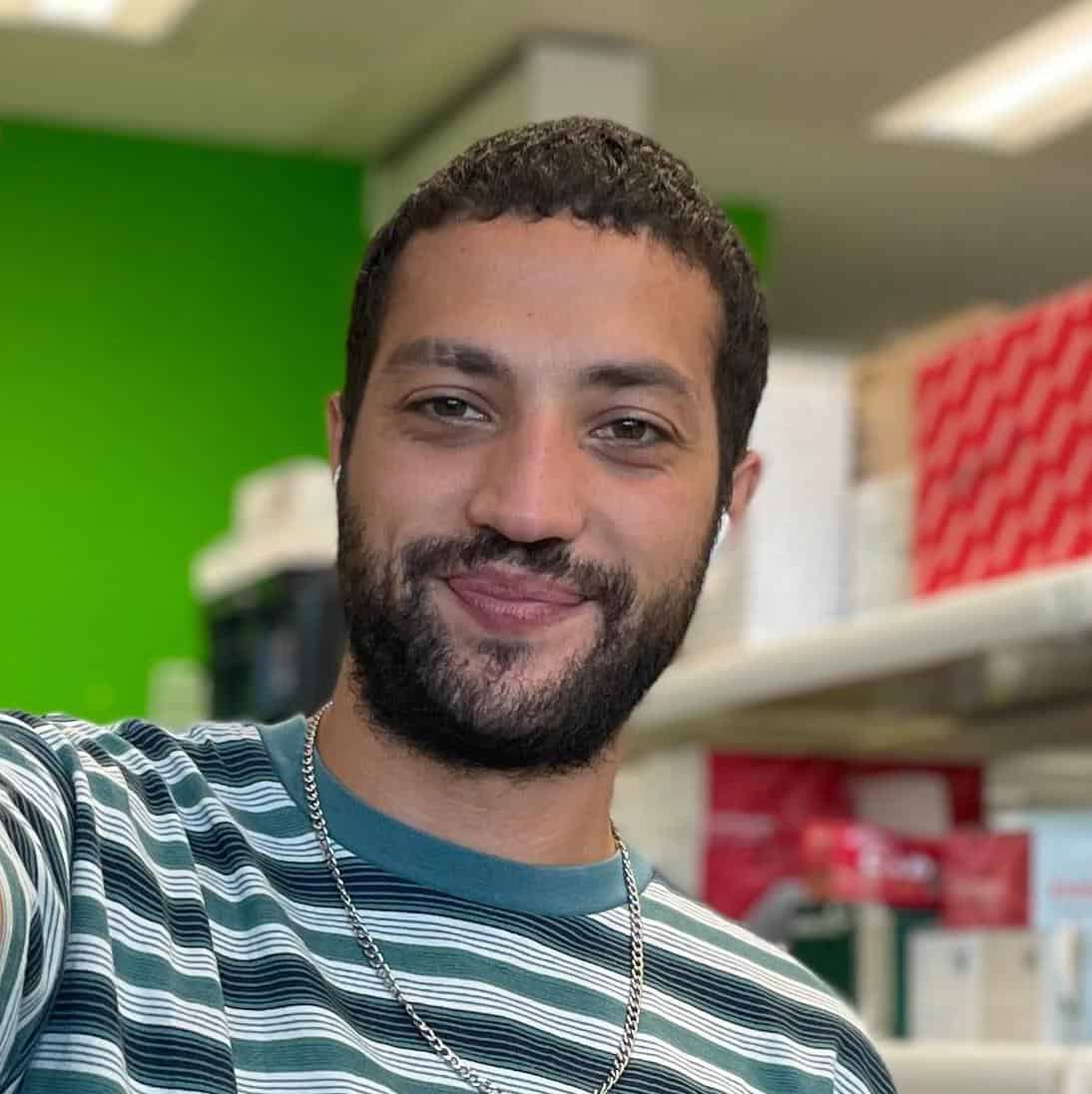Jesse Boumelha, PhD, is a postdoctoral researcher at the Icahn School of Medicine at Mount Sinai, where he is exploring the role of myeloid cells in regulating immune responses in colorectal cancer (CRC). His work focuses on understanding how immune responses become dysregulated in CRC, with an emphasis on the role of myeloid cells like macrophages and dendritic cells in controlling the generation of cytotoxic T cells, which are crucial for effective cancer immunity. Dr. Boumelha’s research is particularly aimed at developing precise therapeutic interventions to target specific myeloid cell subsets and enhance immune responses in CRC. Supported by the CRI Irvington Postdoctoral Fellowship to Promote Racial Diversity, his work has the potential to uncover new strategies for overcoming immunotherapy resistance and improving clinical outcomes for patients with CRC.
Dr. Boumelha completed his PhD at the Francis Crick Institute in 2023, where he studied anti-tumor immune responses and mechanisms of immune evasion in KRAS-mutant lung adenocarcinoma. His work led to the development of a novel immunogenic model of KRAS-mutant lung cancer, with important findings about the role of B cells and antibodies in immune checkpoint blockade (ICB) responses. He also investigated the therapeutic synergy between KRASG12C inhibitors and ICB, contributing to the understanding of how oncogenic signaling affects immune responses in tumors. Dr. Boumelha’s research has broad implications for improving cancer therapies, including the potential to combine targeted therapies with ICB for enhanced anti-tumor immunity.
In his current work at Mount Sinai, under the mentorship of Professor Miriam Merad, Dr. Boumelha is advancing the understanding of myeloid cell function in CRC. His approach combines next-generation immune profiling of both human and mouse CRC tumors to identify novel targets that could improve the effectiveness of immunotherapies. With his deep expertise in multi-parameter flow cytometry and molecular biology, Dr. Boumelha is working toward new therapeutic strategies that could provide meaningful clinical benefits for patients battling CRC, particularly those who do not respond to existing
Projects and Grants
Targeting Myeloid Suppressive Programs to Overcome Immunotherapy Resistance in Colorectal Cancer
Icahn School of Medicine at Mount Sinai | Colorectal Cancer | 2025 | Miriam Merad, MD, PhD

